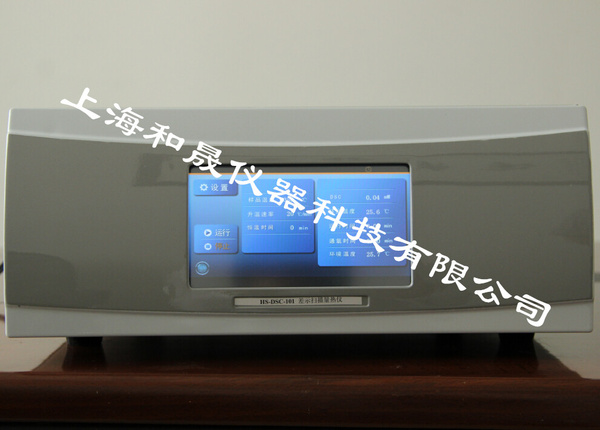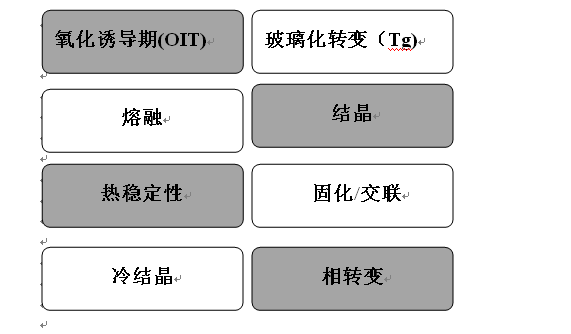What is the difference between a differential scanning calorimeter and a differential thermal analyzer?
DTA (differential thermal analyzer) can only be used for qualitative or semi-quantitative analysis, but DSC (differential scanning calorimeter) can do rigorous quantitative analysis because DTA obtains the relationship between deltaT and temperature T, and The DSC obtains the relationship between deltaH and T, so the former cannot be quantitatively analyzed, but the latter can.

The trend of the curve measured by the differential scanning calorimeter and the differential thermal analyzer is about the same, that is, the physical meaning is different. The differential scanning calorimeter measures the power difference between the sample and the reference under the program controlled temperature condition. The relationship between temperature and the differential thermal analyzer measures the temperature difference between the sample and the reference and the temperature or time under program-controlled temperature conditions. From the knowledge of heat and heat, their curves are consistent. During the heating process, the temperature rising rate at which the sample starts to react and the programmed heating rate are inconsistent because the heating rate at the start of the reaction may not keep up with the programmed temperature increase rate, resulting in a certain temperature lag.
Differential Scanning Calorimetry (DSC) determines the temperature and heat flow associated with material transition as a function of time and temperature. The instrument also provides quantitative and qualitative data on the process of material heat absorption (heat absorption) and exotherm (heat dissipation) during physical transitions (caused by phase changes, melting, oxidation, and other heat-related changes).
Material properties detectable by differential scanning calorimetry:

Gaming chair,High Quality Gaming chair,Gaming chair Details, CN
Queen Furniture Co., Ltd. , https://www.queenfurnitures.com